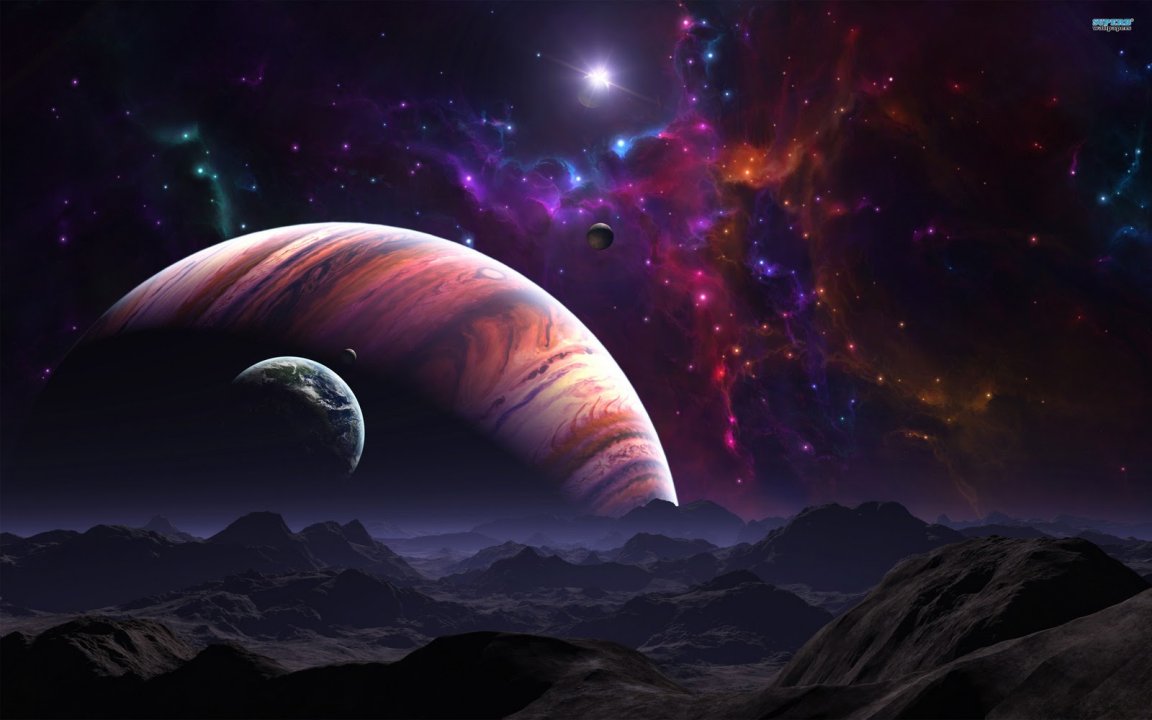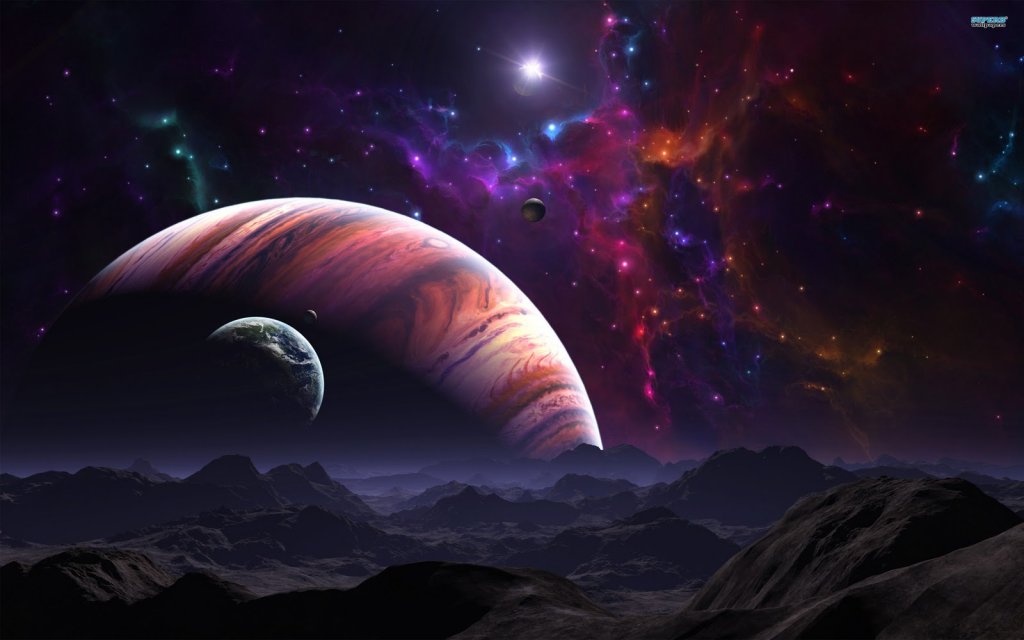

Have you ever wanted to name a world? Well, now you have a chance. In a “first ever” event, the International Astronomical Union (IAU) is going to open the planet naming process up to the public! Next year (2015), astronomy enthusiasts around the globe will have a chance to vote on their favorite names for far off worlds.
As with most objects in space, exoplanets don’t have names as you and I normally think about them. Instead of being called things like Apollo, Gandalf, or Vulcan, exoplanets receive a name similar to a license plate– such as GSC 06214-00210 b, HAT-P-27-WASP-40 b, HD 45364 b, orKepler-9 d. Often times, these names are packed full of useful information about the planet, such as its location in the sky and information about the survey that discovered it. Just don’t expect Pr0201 c to win an award for ‘most awesome name’ anytime soon. Nobody has a problem with these utilitarian names, but what happens when you want to give a planet a ‘real’ name? This is where our IAU comes in.
The IAU is the only body allowed to designate official names for celestial objects. The society consists of 10,871 active professional astronomers (at least at the Ph.D level) representing about 93 nations (of which, 73 are national members) – so they aren’t an ‘arbitrary’ organization. One of the IAU’s mission objectives, as listed on their website, is to “serve as the internationally recognized authority for assigning designations to celestial bodies and surface features on them.” The IAU has a complicated list of rules governing how objects and features are named – they also frequently ignore the wishes of the discovering scientists (a practice that has both it’s strong and weak points).
The Problem with The IAU:
The IAU and Uwingu have been involved in a major media battle (and a minor legal one) for the last year or so. Uwingu is a Swahili word which means “sky” and the company was founded by Alan Stern, the principal investigator on the New Horizons mission (you know, the probe currently headed to everyone’s favorite dwarf planet, Pluto). Uwingu’s primary mission objective is to raise money for research and space exploration, and they subsequently issue the money in the same way that grants are issued. The project is attempting to raise money by allowing the public to name exoplanets – 4.99 USD to submit a name for a planet and 0.99 USD to vote for a name.
The IAU has subtly suggested in various statements that projects like Uwingu are scams and stated that such processes have absolutely no bearing on the official naming process. In response, Uwingu sought to clarify their purpose of simply giving informal ‘people’s-choice’ names in an attempt to raise interest in (and money for) science. The organization also clarified that they are not interested in trying to impose any nomenclature on the astronomical community.
The Public Steps Forward:
Now, the IAU has decided to open the process themselves and let the public have some say. The new naming project, called NameExoWorlds, was announced yesterday (July 09). The IAU has picked a list of 305 worlds that were discovered before Dec. 31, 2008 as a starting point for the naming process. “These exoplanets belong to 260 exoplanetary systems comprising one to five members, in addition to the host star. These systems and their host star together are here referred to as ExoWorlds,” representatives with the IAU said in a statement. Their list is published on the NameExoWorlds.org website
How it all works: In September, registration to pick names will open up to astronomy clubs and nonprofits that wish to name the alien worlds. Registered members will vote for the top 20 to 30 exoplanetary systems they want to name in October. In December, the groups will submit their proposals for names. After this, the public will get to rank the top names!
The IAU has set some ground rules for organizations that plan to submit names (so we don’t end up with a planet called “poop” or something silly):
- Names should be 16 characters or less, preferably one word, non-offensive, pronounceable and not too similar to names already assigned to other celestial bodies
- Groups cannot propose names of pet animals, principally commercial names or names of living people. Additionally, groups cannot propose names of individuals, events or places mainly known for political, military or religious activities.
- Names cannot be protected by trademark or protected by intellectual property law.
- Winning names won’t replace the scientific designation (the scientific name of the star followed by a letter, for example: Kepler-22b). However, the IAU will recognize the name as a legitimate, publicly used name.
What do you think about all of this? Who should get to name planets and stars? Why?
To register and learn more, go here: http://www.iau.org/public/themes/naming_exoplanets/